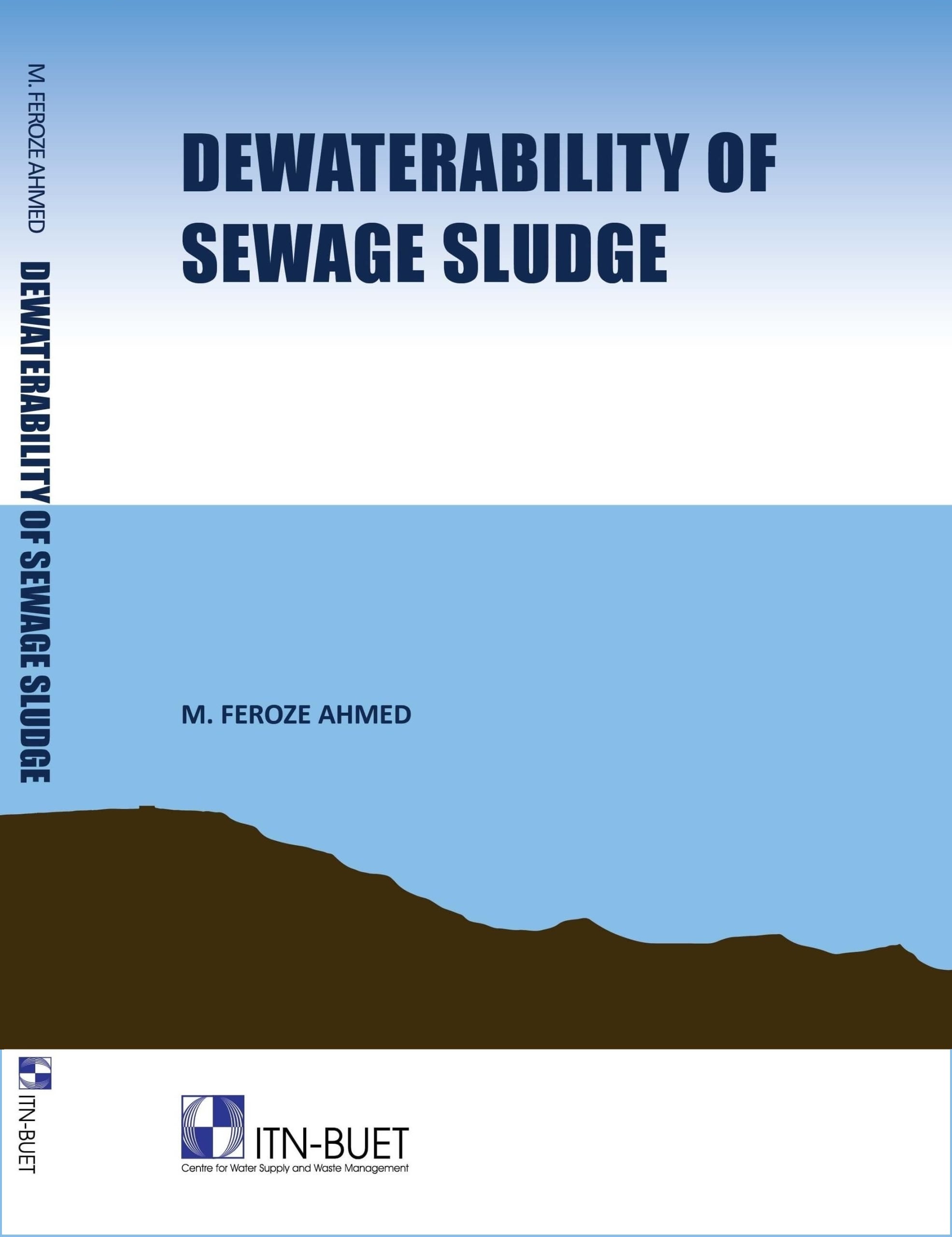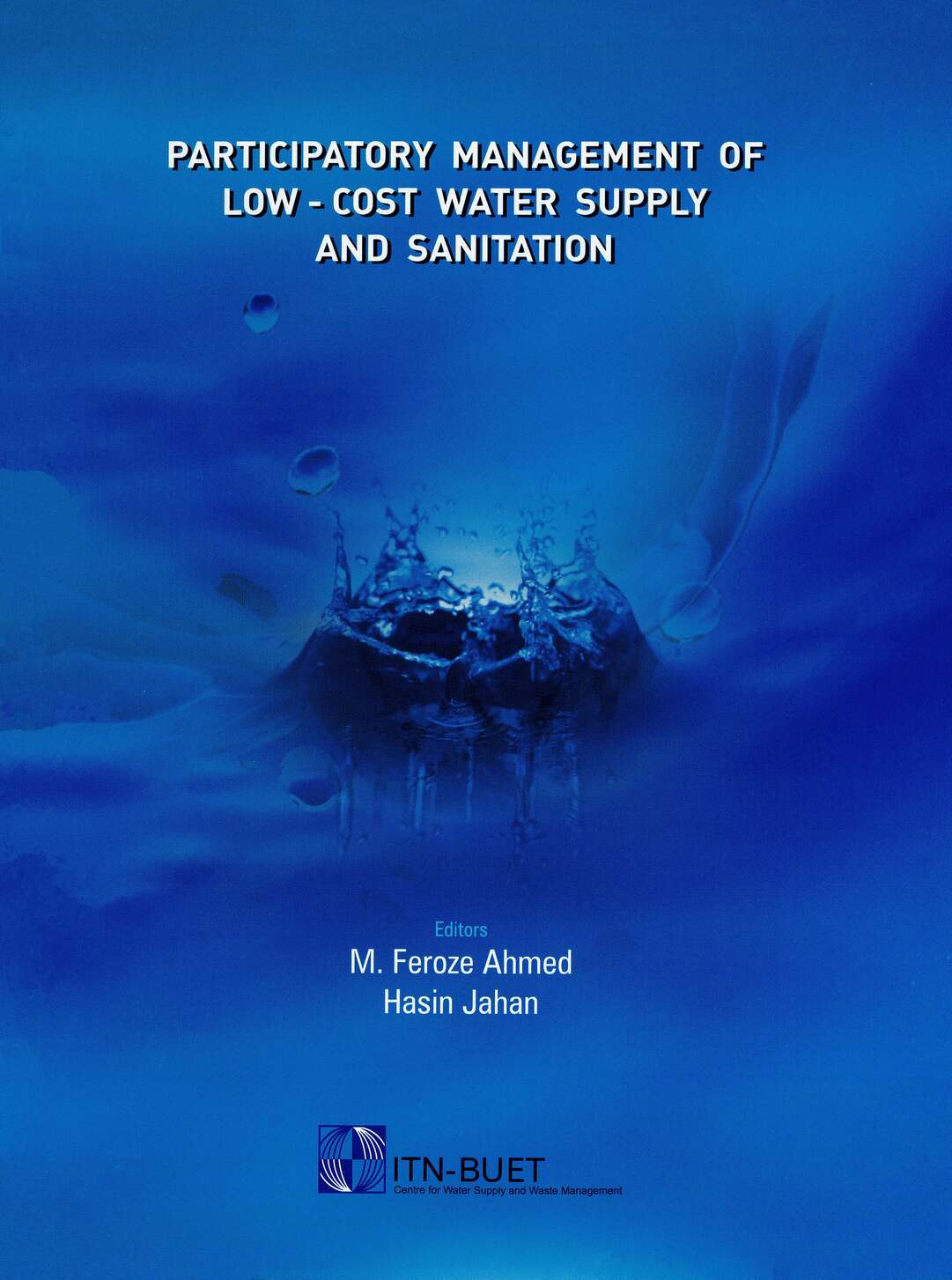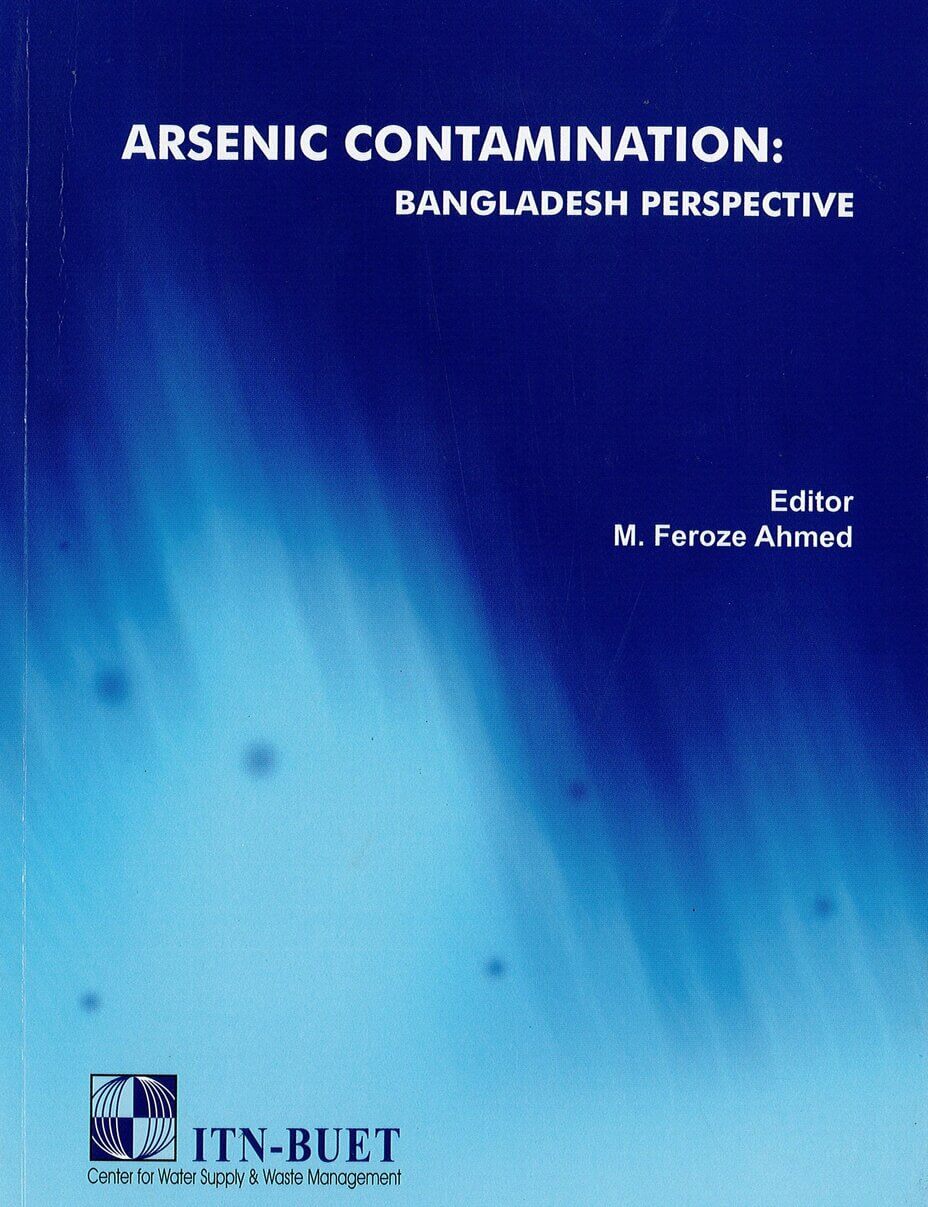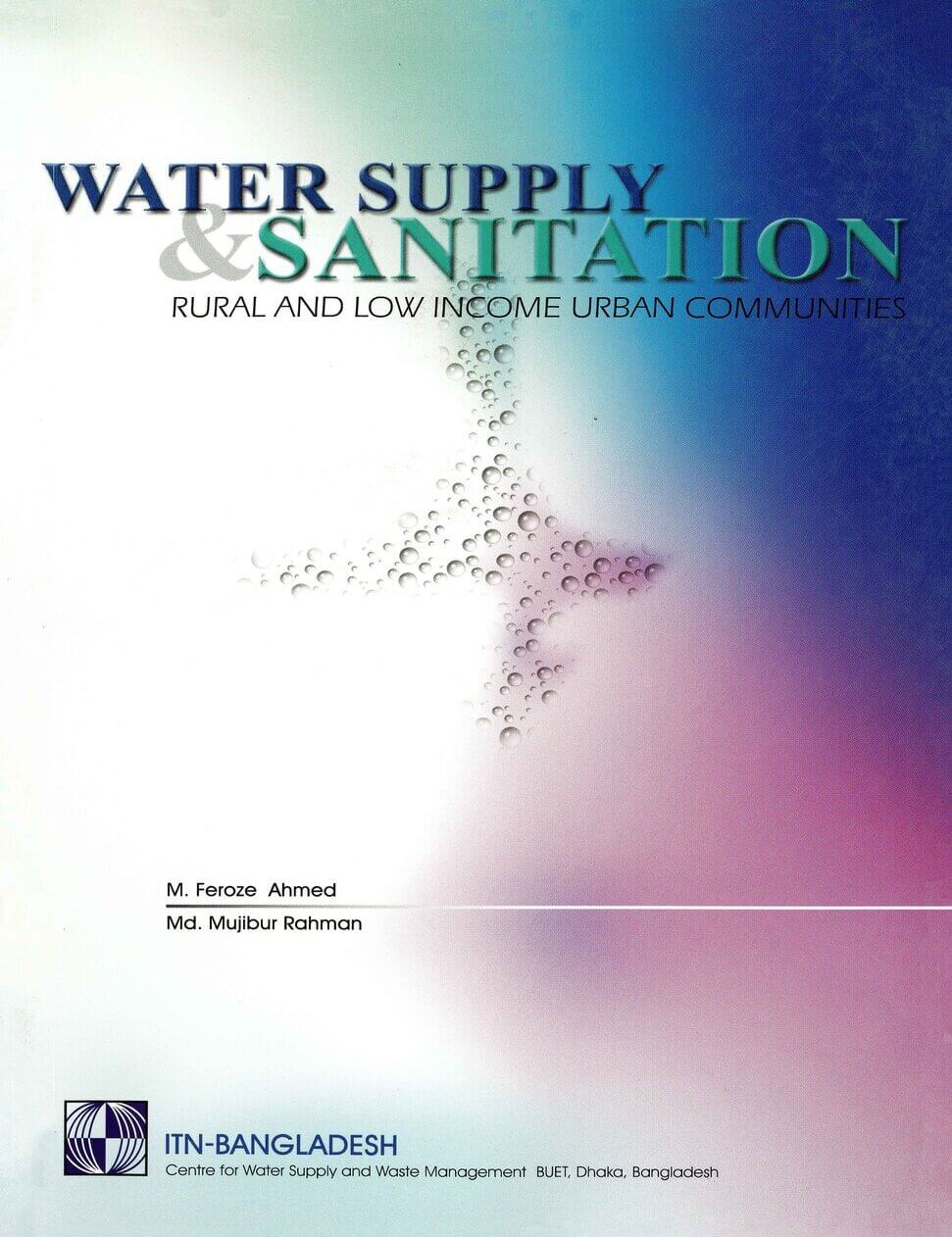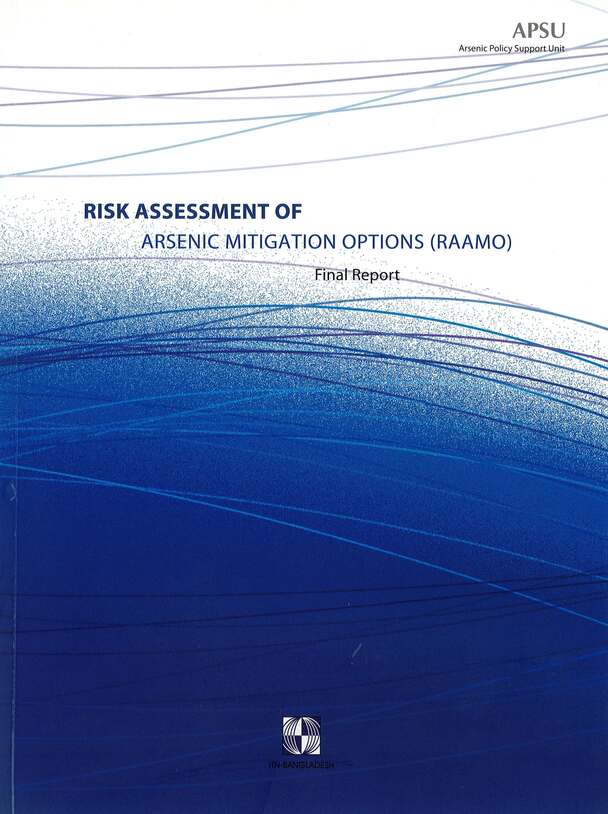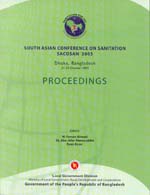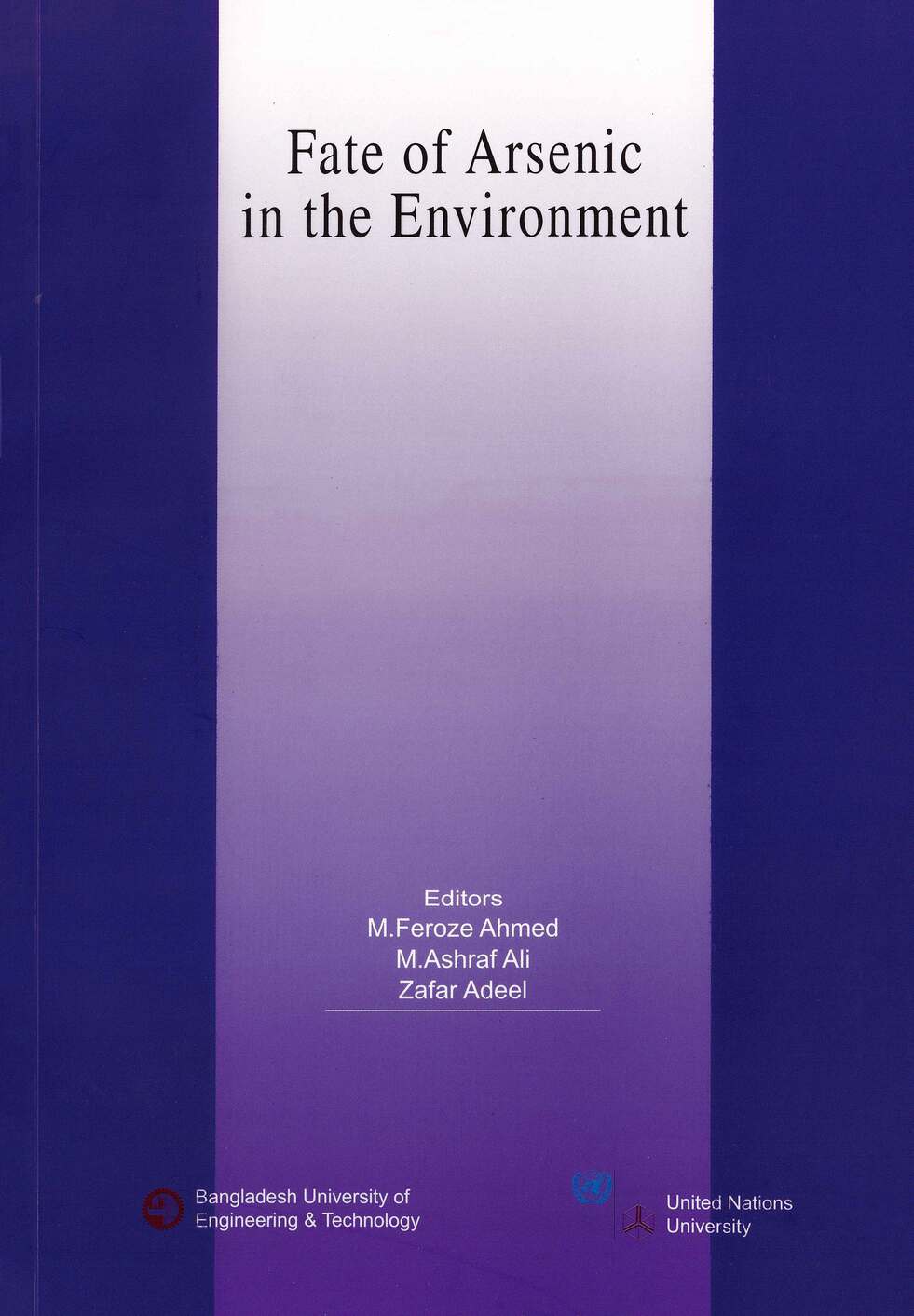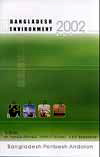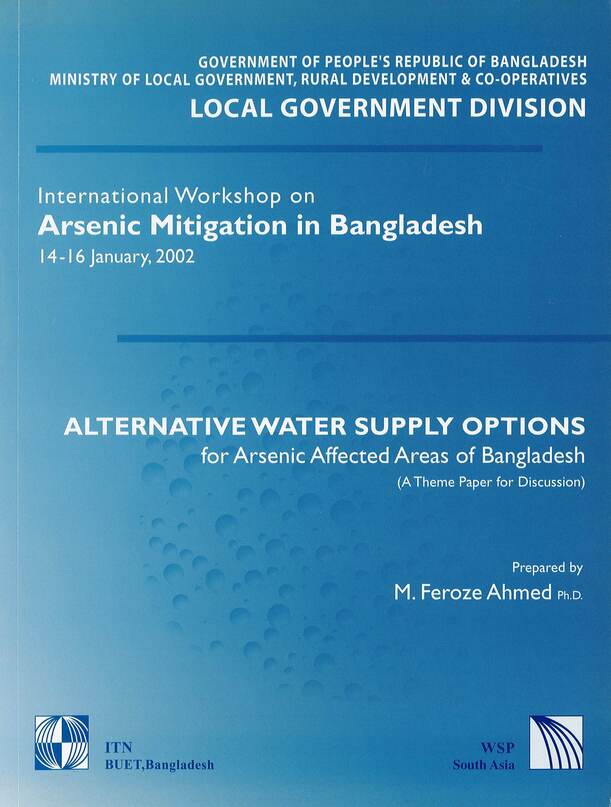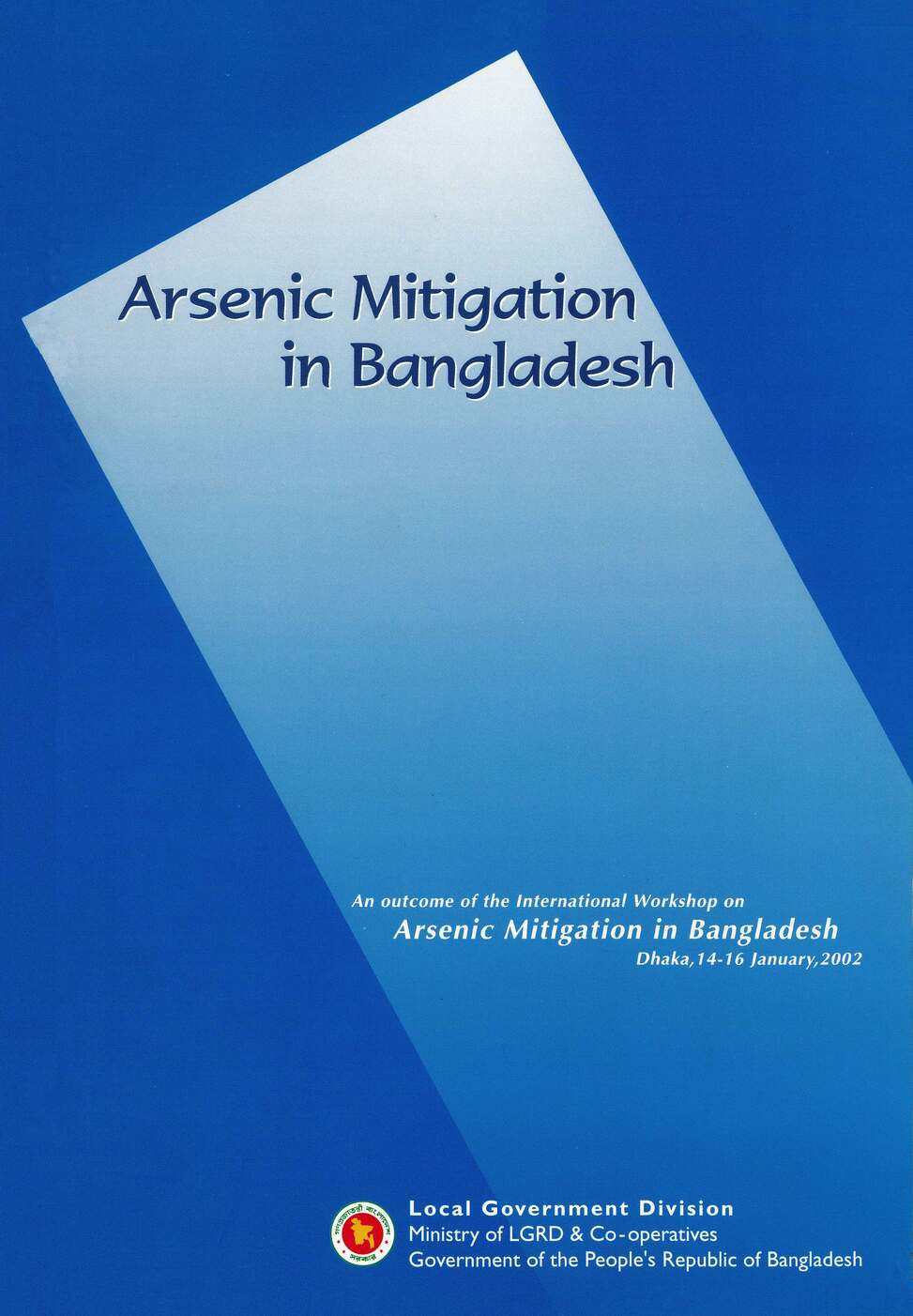Feroze Ahmed
Dewaterability of Sewage Sludge
Sewage sludge, with its high water content, consists of settled sewage solids. The solid content of most sewage sludges typically ranges from 1.2 to 4.5 percent. Dewatering sewage sludges is essential to reduce volume for easier handling, subsequent treatment, and safe disposal. Notably, the cost of sludge treatment and disposal accounts for nearly half of sewage treatment costs. In the past, cities used to load sludge on barges and dispose of it in the high seas, but strict maritime laws now prohibit such discharge. As a result, proper sludge treatment and safe disposal have become crucial for achieving sustainable development goals in sanitation.
Author(s)/Editor(s): Feroze Ahmed
August, 2023
Participatory Management of Low-cost Water Supply and Sanitation
The document is actually a manual of training programme on the same title given which was intended to be helpful to bring about changes in terms of knowledge, skill and attitude among the officials of DPHE to improve …
Author(s)/Editor(s): Feroze Ahmed, Hasin Jahan
Fourth Edition: May, 2010
Arsenic contamination-Bangladesh Perspective
This publication aims to update the knowledge base concerning all aspects of arsenic contamination, with a particular focus on Bangladesh. Major issues, including hydrogeology, water and soil contamination, food safety, health implications, social consequences, as well as analytical aspects including the chemistry and fate of arsenic in the environment, are discussed extensively within the context of Bangladesh.
Author(s)/Editor(s): Feroze Ahmed
2nd: July, 2007
Water Supply and Sanitation for rural and low income urban communities
This textbook has been developed with proper balance of ‘software’ i.e., socio-cultural and economic aspects and ‘hardware’ i.e., technical aspects, and with special attention to gender issue, including experiences in Bangladesh.
Author(s)/Editor(s): Feroze Ahmed, Mujibur Rahman
Third Edition: June, 2007
Risk Assessment of Arsenic Mitigation Option
The purpose of the risk assessment was to quantify the health risks associated with different arsenic mitigation options. In providing alternative water supplies, it is important to be aware that users may be exposed to other hazards such as pathogens. Risk substitution in arsenic mitigation should always… … …
Author(s)/Editor(s): Feroze Ahmed, Sk. Abu Jafar Shamsuddin
September, 2005
South Asian Conference on Sanitation (SACOSAN 2003) – Proceedings
A total of 301 delegates and guests from nine Country Delegations (Afghanistan, Bangladesh, Bhutan, India, Maldives, Myanmar, Nepal, Pakistan and Sri Lanka) and other local and international organisations, participated in […]
Author(s)/Editor(s): Feroze Ahmed, Ryan Knox, Sk. Abu Jafar Shamsuddin
2003
Fate of Arsenic in the Environment
This publication is a compilation of papers presented at the BUET-UNU International symposium on Fate of Arsenic in the Environment. The papers broadly describe the fate of arsenic extracted through tubewell water and transported with surface water, its presence in water-soil-plant environment …
Author(s)/Editor(s): Feroze Ahmed, Md. Ashraf Ali, Zafar Adeel
First Edition: February, 2003
Bangladesh Environment 2002
It is a collection of selected technical papers that were presented at the second International Conference on Bangladesh Environment and presents a snapshot of Bangladesh environment at the present time, as understood by the experts from all over the world.
Author(s)/Editor(s): A.B.M. Badruzzaman, Feroze Ahmed, Saleh A. Tanveer
December, 2002
Alternative Water Supply Options
The sources of water available in Bangladesh for development of alternative water supplies are groundwater, surface water and rain water. An estimated 29 million people, exposed to arsenic contamination in excess of 50 µg/L through 27% contaminated shallow tubewells and few production wells in urban …
Author(s)/Editor(s): Feroze Ahmed
First Edition: May, 2001
Arsenic Mitigation in Bangladesh
This publication is an outcome of the International Workshop on Arsenic Mitigation in Bangladesh held in Dhaka. The workshop focused on some important technical issues regarding hydrogeological and health aspects of arsenic contamination and alternative water supply options …
Author(s)/Editor(s): Chowdhury Mufad Ahmed, Feroze Ahmed
First Edition: May, 2001


